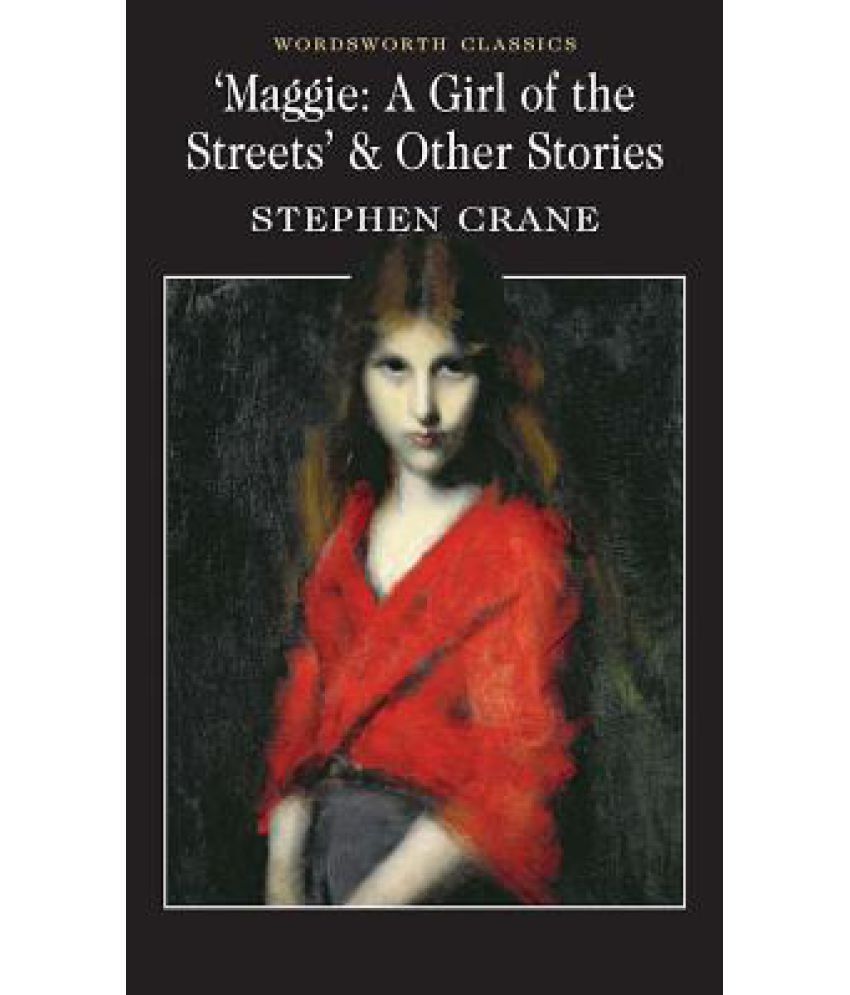Brief Description
During his tragically short life, Stephen Crane gained fame as a vividly distinctive writer. This collection of stories is replete with lively dialogue, ominous atmospheres, dry humour and graphic incidents.
Learn More about the Book
With a new Introduction by Cedric Watts, M.A., Ph.D., Research Professor of English, Sussex University.
During his tragically short life, Stephen Crane gained fame as a vividly distinctive writer. His stories of evolving American society are unflinchingly realistic and shrewdly ironic. Maggie: A Girl of the Streets tells of Maggie’s seduction and downfall into prostitution amid the harsh world of the Bronx, where life is a battlefield.
The other tales offer a diversity of insights into social hypocrisy, child psychology, and the wild violence of the frontiersmen. Such violence is ruthlessly depicted in ‘The Blue Hotel’. This collection of stories is replete with lively dialogue, ominous atmospheres, dry humour and graphic incidents.
Praised by Joseph Conrad and Ernest Hemingway, Stephen Crane’s memorable tales have become enduringly influential.
On the Back Cover
The first social expose in fiction to render "how the other half lives", Stephen Crane's Maggie is one of the most powerful depictions of the urban poor of its time. As a reviewer stated shortly after the work's appearance in 1893: "Maggie is a study of life in the slums of New York, and of the hopeless struggle of a girl against the horrible conditions of her environment; and so bitter is the struggle, so black the environment, so inevitable is the end, that the reader feels a chill at his heart".

